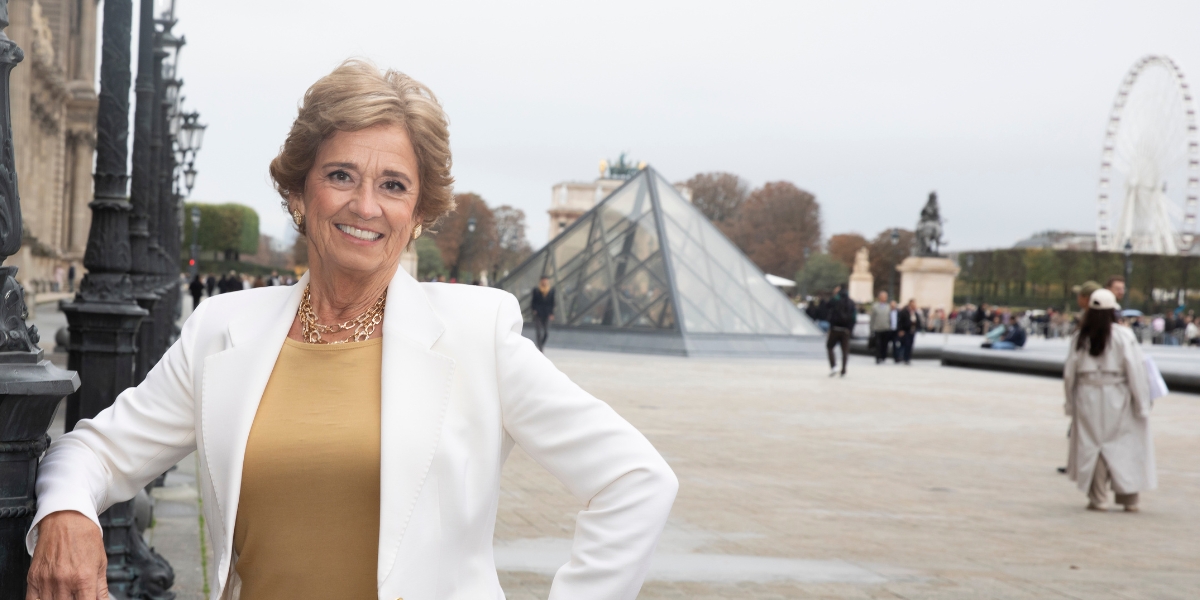The CEO of Ryanair has acknowledged that the low-cost airline would no longer provide flights at absurdly low prices due to the rising fuel cost.
The age of the €10 ticket is finished, according to CEO Michael O’Leary.
He told the BBC that over the following five years, the airline’s typical fare would go from about €40 (£33.75) last year to about €50.
However, he asserts that despite increased living expenses, he thinks people will continue to travel regularly.
Increased domestic energy expenses are eating into people’s disposable earnings, along with the rise in gasoline prices that are driving up airfares. In spite of this, the head of the airline remarked that he still anticipates customers to go for less expensive alternatives rather than fewer flights.
Due to people taking more short trips overseas in addition to their yearly vacation, the number of flights has increased as rates have decreased in recent years. Competitive low-cost, no-frills service providers include Ryanair, Easyjet, Vueling, and Wizz Air.
There is pressure on the commercial aviation industry to lessen its impact on the environment, including campaigns to urge consumers to travel by rail and road. Commercial aviation now contributes roughly 2.4% of the world’s CO2 emissions.
The focus on lowering emissions from air travel, according to Mr. O’Leary, is “misplaced” since he claimed that shipping and road transport contribute more to CO2 emissions overall.
He claimed Ryanair was investing in more fuel-efficient planes, but switching from gasoline and diesel to electric road vehicles would result in even bigger reductions in fossil fuel consumption.
People have shown a strong desire to board planes again in the wake of the Covid epidemic, which significantly hampered international travel.
However, the rebound in air travel demand has resulted in staff shortages at airports and airlines, which have caused delays and cancellations domestically and internationally. As a result, some travelers were made to wait for hours or abruptly rearrange their trips.
Ryanair was “part lucky and part daring,” according to Mr. O’Leary, in choosing to hire and train pilots and cabin crew last November when the Omicron variant still impacted international travel. This allowed Ryanair to handle the situation than other carriers better.
According to air travel consulting OAG, Ryanair canceled 0.3% of flights in the first half of 2022, compared to British Airways’ 3.5% and Easyjet’s 2.8%.
Mr. O’Leary has “very little sympathy” for airports because they are in charge of hiring security personnel and know schedules months in advance. He further said that security personnel are less trained than pilots and are under the control of the airports.
He cited Heathrow’s “mismanagement” in relation to the airport’s summer passenger capacity cap.
While Mr. O’Leary expressed “hopefulness” that the issues at UK airports will be rectified by next summer, he warned that Brexit would continue to make it difficult to find qualified candidates.
Read Also: British Airways cancels and reschedules more flights
Previously, Heathrow said that the cap was necessary to deliver dependable and secure service.
Ryanair blames Brexit for airport chaos
When the airport released its most recent traffic statistics on Thursday, it said that the cap was effective and that July had seen “improvements to the customer experience” due to fewer last-minute cancellations, better aircraft punctuality, and better baggage handling.
According to the report, 88% of travelers are now getting through security in 20 minutes or less. In addition, according to the statement, 1,300 more employees have been brought on board at the airport since last November, and “security resource is back at pre-pandemic levels.”
According to the Airport Operators Association, most customers are still traveling with little disturbance, which claims that airports have been hiring workers since late last year.
In addition to hundreds of routes into and out of the UK, Ryanair is located in Dublin.
Mr. O’Leary called on the government to “be honest and own up” that it was the reason for labor shortages and claimed that Britain’s exit from the EU had proven to be a “disaster for the free movement of labor.”
Mr. O’Leary stated that the UK needed to consider undoing “part of the foolishness of Brexit” since the labor market was “fundamentally dysfunctional” in the country. A free trade agreement with the EU that allows for the free movement of labor, according to him, should be the first priority for the incoming UK prime minister.





